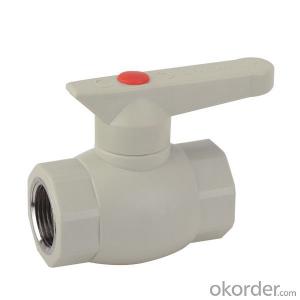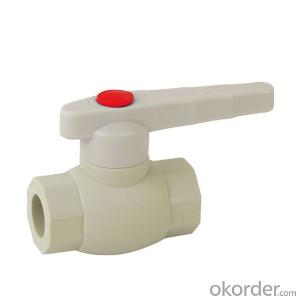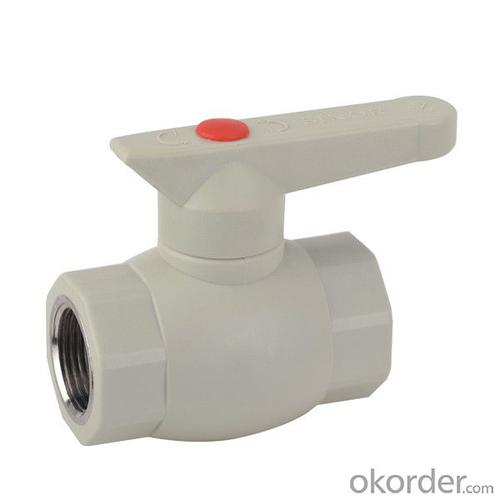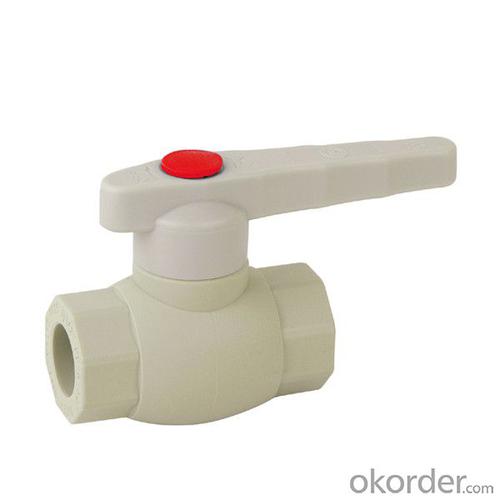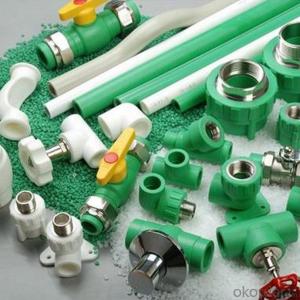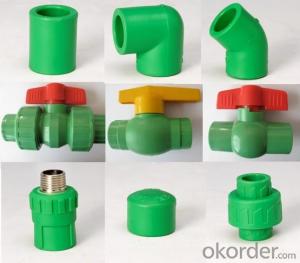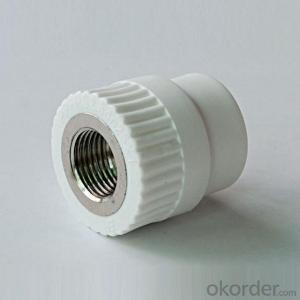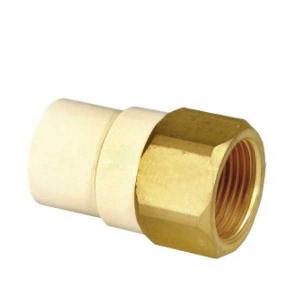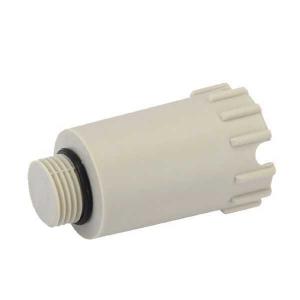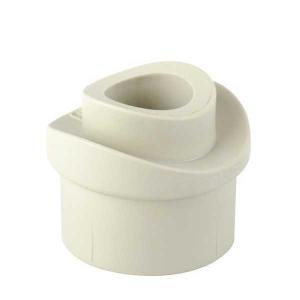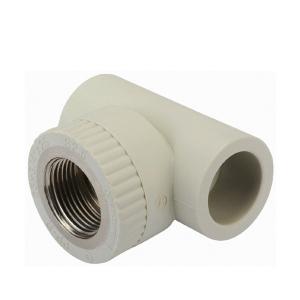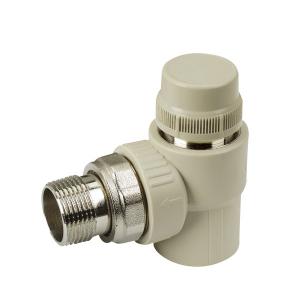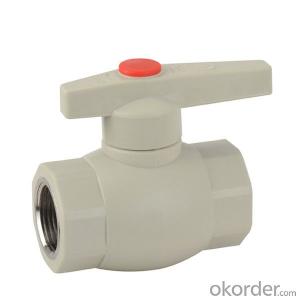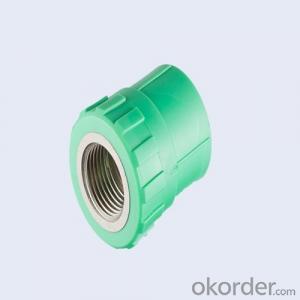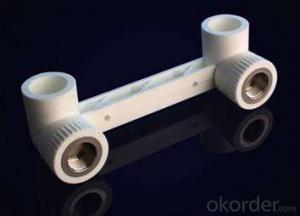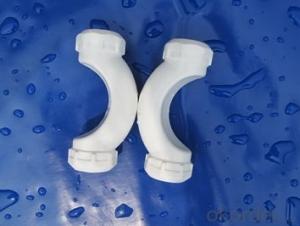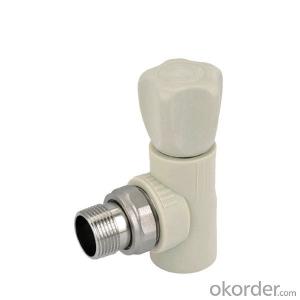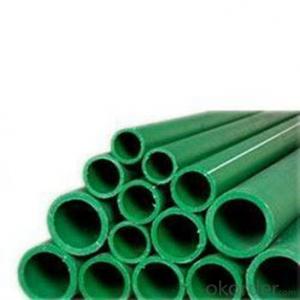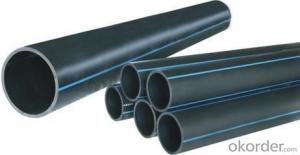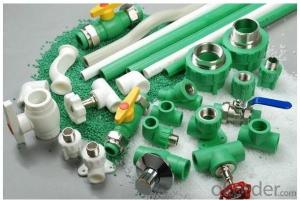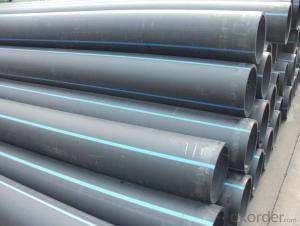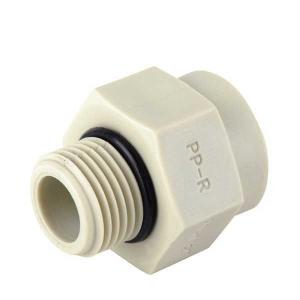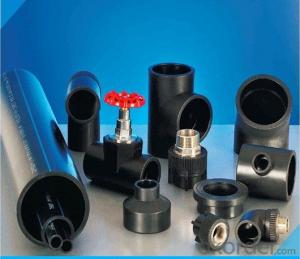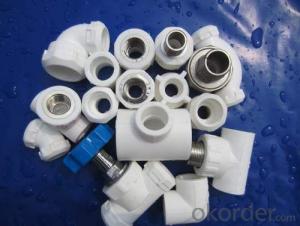Electrical Plastic Pipe Fittings for Industrial PP-R Orbital Ball Valves
- Loading Port:
- Tianjin
- Payment Terms:
- TT OR LC
- Min Order Qty:
- 1000 pc
- Supply Capability:
- 100000 pc/month
OKorder Service Pledge
OKorder Financial Service
You Might Also Like
Product Overview
Standard: ISO
Color: many colors
Product name: Plastic Pipe
Application: house and garden
Usage: Family Decoration Industry
Certification: ISO Certificate
Feature: Lightweight
Size: Customized Size
Type: Round Pipe
Name: HDPE Plastic Pipe
PPR Pipes Advantages:
1)100% excellent raw materials ,safe and hygeian .
2)Drinking water pipeline system.
3)Recyclable ,benefit to the environment
4)Resistance to abrasion and corrosion.
5)Connected by heating ,leakage prohibit
6)Long lifespan,Minimum 50 years life time at 60 or 70°C and 10 bar maximum pressure.
Feature
1) The professional factory of fittings.
2) The important manufacture of fittings in china.
3) High quality and better price.
4) Convenient One touch fittings provide instant tubing connections.
5) Elliptical release ring help to connect the tube easily by manual, no special tools required.
Product Description
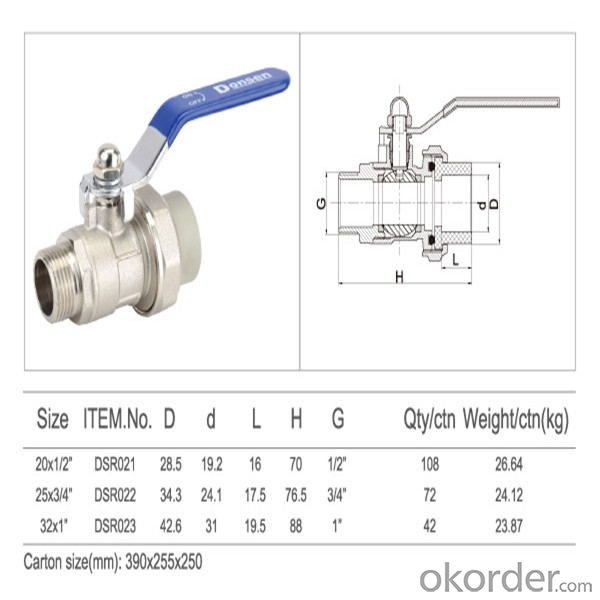
Product Show
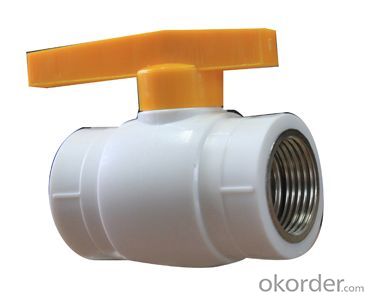
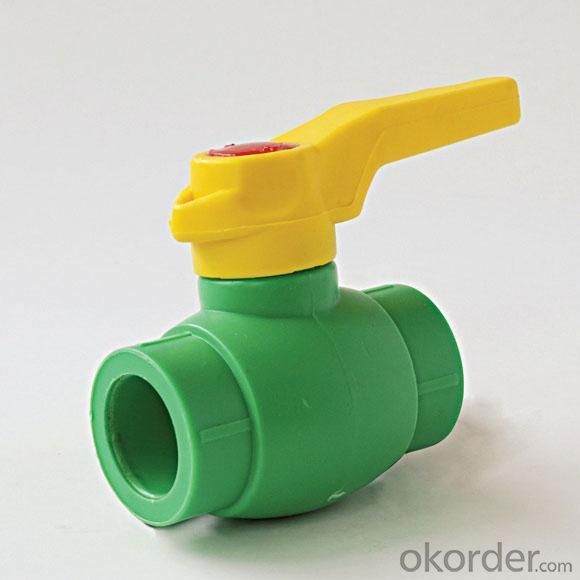
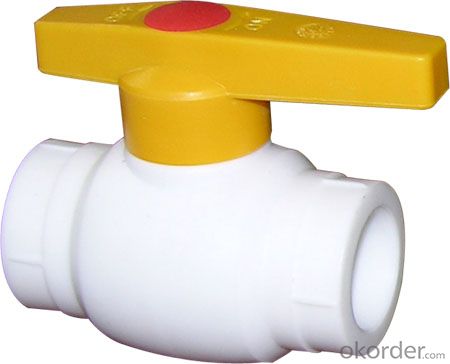
Company Information
CNBM International Corporation (CNBM International) is the most important trading platform of CNBM Group Corporation, a state-owned company under the direct supervision of State-owned Assets Supervision and Administration Commission of the State Council.
CNBM International is highly recognized by its business partners and clients all over the world and has obtained rapid development under the spirit of win-win. We will carry on the mutual beneficial, innovative and revolutionary trading structure as we did before, create value for our employees, share holders and clients and benefit the whole society in our future development
- Q: Are plastic pipe fittings suitable for industrial cooling towers?
- Yes, plastic pipe fittings are suitable for industrial cooling towers. Plastic fittings are commonly used in cooling tower systems due to their corrosion resistance, durability, and cost-effectiveness. They can effectively handle the high flow rates and temperature variations often associated with industrial cooling tower applications. Additionally, plastic fittings are lightweight and easy to install, making them a preferred choice for many cooling tower installations.
- Q: Are plastic pipe fittings resistant to UV degradation?
- Yes, plastic pipe fittings can be resistant to UV degradation depending on the specific type of plastic used and the additives incorporated during their manufacturing process. Some plastics, such as PVC (polyvinyl chloride), are inherently UV resistant, while others may require the inclusion of stabilizers or UV inhibitors to enhance their resistance to UV degradation. Therefore, it is crucial to consider the type of plastic and its specific composition when determining the level of UV resistance for plastic pipe fittings.
- Q: Are plastic pipe fittings resistant to rodent damage?
- Yes, plastic pipe fittings are generally resistant to rodent damage. Unlike materials like wood or rubber, plastic is not attractive to rodents for gnawing or chewing. Therefore, plastic pipe fittings are less likely to be damaged or compromised by rodents.
- Q: Can plastic pipe fittings be used in areas with high water pressure?
- Yes, plastic pipe fittings can be used in areas with high water pressure. However, it is important to ensure that the plastic fittings are designed and rated for the specific water pressure requirements of the area. Using fittings that are not suitable for high water pressure can lead to leaks, bursts, or other plumbing issues. Therefore, it is crucial to select and install plastic pipe fittings that are appropriately rated for the water pressure in order to maintain a reliable and safe plumbing system.
- Q: Are plastic pipe fittings suitable for residential plumbing?
- Yes, plastic pipe fittings are suitable for residential plumbing. They are commonly used in residential plumbing systems due to their durability, affordability, and ease of installation. Plastic fittings are resistant to corrosion and chemical damages, making them a reliable choice for long-term use. Additionally, plastic fittings are lightweight and require minimal maintenance, making them a practical option for residential plumbing.
- Q: How do you connect plastic pipe fittings to galvanized iron pipes?
- To connect plastic pipe fittings to galvanized iron pipes, you can use a transition fitting called a dielectric union. This fitting has a plastic side that connects to the plastic pipe fitting and a galvanized iron side that connects to the galvanized iron pipe. The dielectric union helps prevent corrosion between the two types of materials and provides a secure connection.
- Q: Can plastic pipe fittings be used in chemical injection systems?
- Yes, plastic pipe fittings can be used in chemical injection systems. Plastic pipe fittings are commonly used in such systems due to their resistance to chemical corrosion and their ability to withstand high-pressure environments. Additionally, plastic pipe fittings are lightweight, cost-effective, and easy to install, making them a suitable choice for chemical injection systems.
- Q: Water supply and drainage, fire pipeline installation, pipe installation has been included in the quota, if adding the elbow, three links should be the cost of materials, in which the items below?
- The general situation of water supply and drainage pipe elbow, three links are not permitted to increase the cost of materials, unless otherwise specified can explain the quota increase of three, the cost of materials through the elbow or the auxiliary fee adjustment coefficient,Or the clamp connection of the pipe allows the addition of three pass, elbow, big head, clamp flange and must be consistent with the specified diameter
- Q: Can plastic pipe fittings be used for dairy processing plants?
- Yes, plastic pipe fittings can be used for dairy processing plants. Plastic pipe fittings are often chosen for their corrosion resistance, durability, and ease of installation. However, it is important to ensure that the plastic used in the fittings is food-grade and complies with industry standards to maintain the quality and safety of the dairy products.
- Q: Are plastic pipe fittings resistant to corrosion?
- Yes, plastic pipe fittings are resistant to corrosion.
Send your message to us
Electrical Plastic Pipe Fittings for Industrial PP-R Orbital Ball Valves
- Loading Port:
- Tianjin
- Payment Terms:
- TT OR LC
- Min Order Qty:
- 1000 pc
- Supply Capability:
- 100000 pc/month
OKorder Service Pledge
OKorder Financial Service
Similar products
Hot products
Hot Searches
